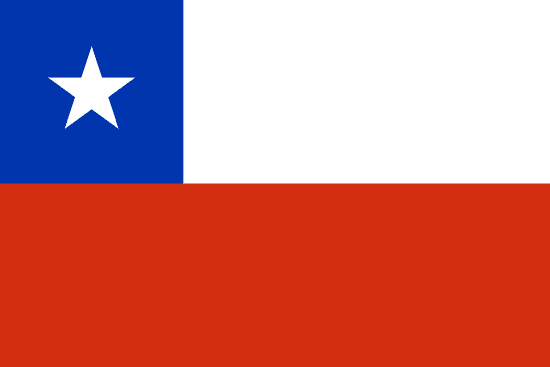"Iquique, la tierra de campeones | Iquique, the land of champions"
About:
Iquique, a port city in northern Chile, was founded in the early 16th century. Initially a Peruvian city, it became Chilean territory after the War of the Pacific (1879-1883). Iquique flourished during the 19th-century nitrate boom but declined after synthetic nitrate production began in the early 20th century. Today, it's a Free Port city and a popular tourist destination known for its preserved Victorian architecture, sandy beaches, and duty-free shopping zone, Zofri.
When to visit:
Iquique, a coastal city in northern Chile, experiences a mild desert climate throughout the year. The best time to visit Iquique for a holiday is during the summer months of December to February when temperatures are warm and ideal for beach activities. This period also coincides with the peak tourist season, offering a lively atmosphere and numerous events and festivals to enjoy. However, travelers looking to avoid crowds and take advantage of lower hotel rates may opt to visit during the shoulder seasons of spring (September to November) or fall (March to May).
When to avoid:
Iquique, located on the northern coast of Chile, experiences its peak holiday season during the summer months of December to February. During this time, the city is bustling with tourists and locals enjoying the beaches and various outdoor activities. However, the worst time to travel to Iquique on a holiday would be during the winter months of June to August. During this off-peak season, the weather is cooler, and many tourist attractions may have reduced hours or be closed altogether. It is advisable to plan your visit to Iquique during the summer months to fully experience all that the city has to offer.
Winter (Jun–Aug)
Iquique, Chile experiences its coldest and wettest period from June to August. Average temperatures drop to around 16°C during the day and 14°C at night. Rainfall, though infrequent, is most likely in June, with an average of 1mm. Sunlight hours reduce to 7-8 hours per day. Cloud cover increases but clear, sunny days are still common. Visitors can expect mildly cool, mostly dry days with slightly overcast skies. Layered clothing is recommended for the cooler evenings. Despite the season, outdoor activities can still be enjoyed comfortably.
"Summer (December–February)"
In Iquique, Chile, the warmest part of the year stretches from December to March, during which the city experiences its summer season. The average high temperatures during this period range from 24°C to 26°C (75°F to 79°F), while the average low temperatures are between 19°C to 21°C (66°F to 70°F).
Rainfall is almost non-existent in Iquique during these months, as the city is located in the Atacama Desert, one of the driest places in the world. The city receives an average of 15 mm of rain annually, most of which falls in winter, so summer days are generally dry.
Sunlight is abundant, with an average of 8 to 9 hours of bright sunshine each day. The city has a desert climate, so humidity levels are typically low, averaging around 70% during these months. Cloudiness is also minimal, contributing to the clear, sunny days.
A typical day for a visitor during the warmest part of the year in Iquique would be pleasantly warm and sunny, without the oppressive heat or high humidity that characterizes summer in many other places. The lack of rain and clouds means outdoor activities can be enjoyed almost every day. The evenings cool down a bit, making them ideal for strolls along the beach or dining outdoors.
Language:
In Iquique, a city located in northern Chile, the most commonly spoken language is Spanish, as it is the official language of Chile. However, due to its historical and cultural diversity, other languages such as Quechua, Aymara, and English can also be heard.




